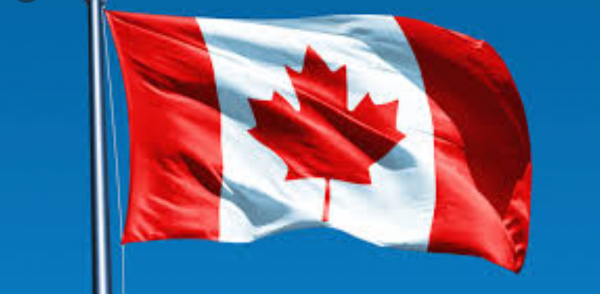Ifrah Law: Content Regulation for Gaming Ads and Marketing in Canada?
The Alcohol and Gaming Commission of Ontario recently published its Draft Registrar’s Standards for Internet Gaming (“Draft Standards”), and in it contains language that suggests affiliates and content providers could be subject to the same stringent transparency regulations typically reserved only for operators.
This is a first of its kind in North America, though we've seen similar guidelines imposed on affiliates and content providers in the UK, Italy and France in recent years. The United Kingdom's move in this direction has sent many an affiliate business into the garbage heap. Some online gambling firms cut off their affiliate partnership deals entirely while others have resorted to providing canned scripts that dilute marketing efforts.
Nicole Kardell, writing on behalf of Ifrah Law, suggests that any implementation of the "Draft Standards" in Ontario would spread like wildfire throughout Canada and perhaps even the US.
Should the Draft Standards be finalized and should the trend take hold, it could impact gaming operators and their affiliates in other Canadian provinces. And though the U.S. Federal Trade Commission has recently had its hand-slapped by the U.S. Supreme Court in the enforcement realm, it may want to jump into the fray as it did when Joe Camel was lurking about billboards and magazines in the 1990s.
There are three key components of the "Draft Standards", two of which are mostly adhered to already.
No glamourizing of gambling products or platforms (i.e. "get rich schemes" and "attract the supermodel"). One can review past infractions and fines issued by the Advertising Standards Authority in the UK and adjust accordingly.
Do not target minors. The Ifrah Law site points to the Joe Camel ads that got the cigarette company in trouble back in the 80's.
The most worrisome of the proposed "Draft Standards" is the restriction of marketing promotions that would induce players to participate or to participate frequently.
Most operators (and their affiliates) know it is bad for business, including bad for branding, to market to underage players or other vulnerable populations. Similarly, they know better than to use snake oil sales tactics. But many operators incorporate rewards into their platforms. Does the regulation against promotions that induce player participation mean that gone [for Ontario players] are the days of loyalty programs? Are in-play bonuses or rewards out the door? And if that is what the AGCO intends to outlaw by this draft requirement, will other regulators follow suit? If so, such marketing restrictions could have a material impact on current online gaming offerings.
- Alejandro Botticelli, Gambling911.com















